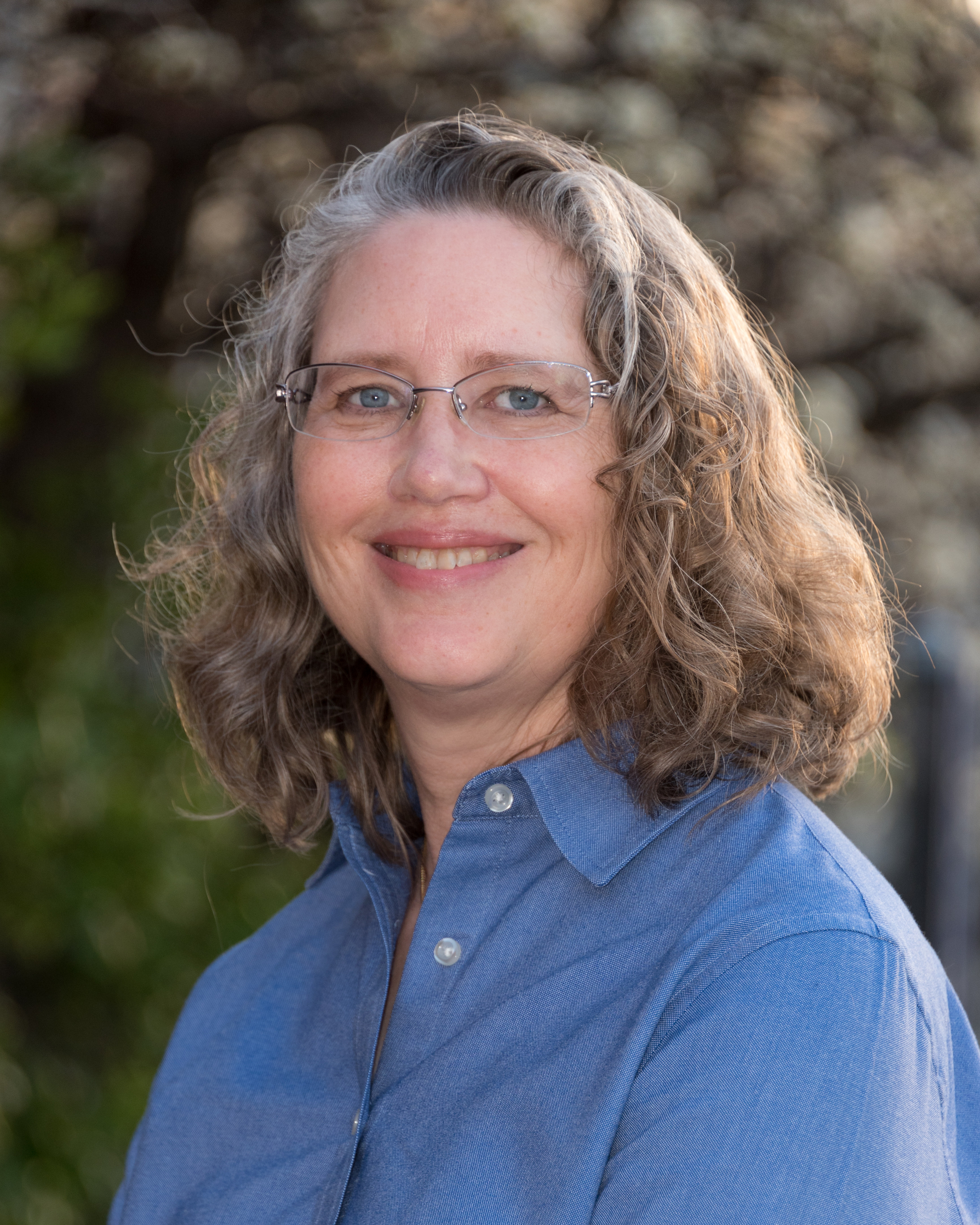The letter from my attorney came a few weeks ago. It said I had discharged all my duties as the executor of the estate of my father, alav hashalom. It was expected. It was a relief. It was a blow.
For more than two years, the administration and distribution of my father’s estate was my connection to him. Now, the steady stream of letters and emails, forms to sign and phone calls to make, had come to an end. Now, that connection to my father was gone. My last connection, the last thing that kept him reappearing in the front of my mind.
It had been a hard road; something I wanted to put behind me. Nobody finds the death of their father to be a piece of cake, but so many things went wrong with this one. After spending the last few years participating in my synagogue’s chevra kadisha, I knew what the rhythms and rituals around a Jewish death should look like. They didn’t look like this.
My father died shortly before the start of Passover. Passover, like any Jewish holiday – including Shabbat –overrides shiva, the traditional 7 days of mourning after burial. So, my experience would not have been ideal in any case.
But things really started to go sideways when my father’s widow decided to leave town for a week, refusing to make any arrangements until after she returned, thus eliminating any chance that my father’s remains would be buried in a timely manner. As it turned out, his body remained alone, unattended by s shomer, for 12 days before the burial. 12 days, for a Jew, who by all rights should have been buried within 48 hours.
Furthermore, since my father was being buried where he had lived at the end of his life, in Mono County, where there are no synagogues, there was no rabbi available to do the funeral. So I planned and conducted the funeral myself. Myself. Thank God there was a minyan from my synagogue gathered in my rabbi’s office back home to say the Mourner’s Kaddish with me over the phone, or I don’t know what I would have done.
Later, I found out my father had been in and out of the hospital the last week of his life, but nobody had told my sister or me, despite our clearly expressed desire to know any time our father was hospitalized.
I have been trained by the Jewish Healing Center in San Francisco to visit people at the end of their lives. I visit elderly people as a volunteer. This was my father. I felt I had been robbed of my opportunity to see him at the end of his life, to comfort him, to hear his last words to me and to say my last words to him. It hurt, deeply. It still does.
And all of that before I received my official papers as executor, shortly after which I discovered that in the days surrounding his death, virtually all the money from my father's two bank accounts, which he had Willed to my sister and me, had been transferred to somebody else.
That wasn’t the end of it, but you get the picture. The circumstances of my father’s death and eventual burial, as well as my duties as executor, were an ordeal. A long, unpleasant ordeal.
So when I got that letter telling me all my duties as executor had been discharged, I knew it marked the end of one part of my life, and the beginning of another. I wanted to mark that transition with an appropriate Jewish ritual. So I sent an email to my rabbi, saying, “I want to go to the mikvah.”
I had never been to the mikvah before. It’s not something Reform Jews do on a regular basis, but it’s becoming increasingly more popular as we reclaim many of the rituals abandoned by the founders of our movement. It is most often used by Reform Jews to mark passages such as conversion, weddings and such.
To me, it would mean the transition from a person with two live parents to a person with only one. It meant an end to the ordeals I had suffered after my father’s death. It would mean an end to the connection that being an executor brought, and a beginning of a new life. It also meant connection to an ancient Jewish ritual which I found tugging at my soul.
I cried through the whole thing. I cried as I counted the ritual seven steps as I walked down into the living waters. I cried as I immersed myself three times. I cried as the mikvah lady said “kasher” signaling each immersion as kosher. I cried as the rabbi, hidden behind a door, spoke to me. I cried as I said the blessings. I cried as I chanted the sh’ma and as I sang shehecheyanu. I cried as I walked back out of the water.
And now, somehow, I feel whole in a way I don’t remember ever having felt before.
—————-
“Like” the “>follow me on Twitter.























 More news and opinions than at a Shabbat dinner, right in your inbox.
More news and opinions than at a Shabbat dinner, right in your inbox.